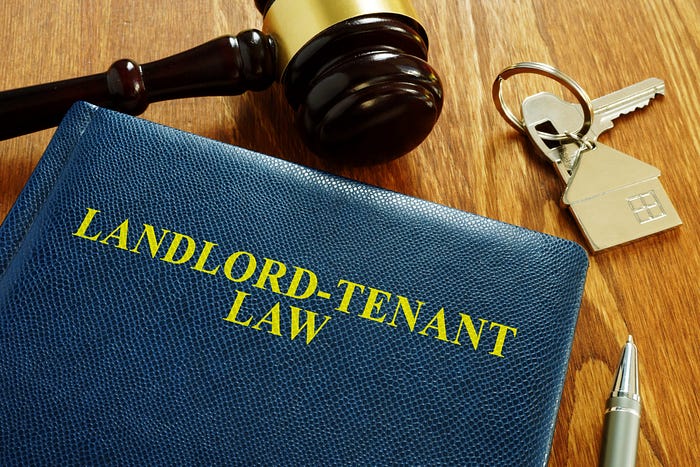Guide to Understanding Eviction Laws in Buffalo
If you’re looking for eviction attorneys in Buffalo New York Evictions Attorneys, here are some options to consider:
- Local Law Firms: Many law firms in Buffalo specialize in landlord-tenant law. You can search for firms that have specific experience in evictions.
- Legal Aid Organizations: If affordability is a concern, organizations like the Legal Aid Bureau of Buffalo offer services to tenants facing eviction and may also assist landlords with eviction proceedings.
- Bar Association Referrals: The Erie County Bar Association can provide referrals to attorneys who handle eviction cases.
- Online Legal Services: Websites like Avvo and FindLaw allow you to search for attorneys based on their practice areas and read reviews.
- Consultations: Many attorneys offer free or low-cost initial consultations, which can help you assess your needs and find the right representation.
It’s a good idea to review each attorney’s experience, client reviews, and fees before making a decision.
Eviction cost in Buffalo?
The costs associated with eviction in Buffalo, New York, can vary based on several factors. Here’s a breakdown of potential expenses:
- Filing Fees: To file an eviction petition in Housing Court, the filing fee is typically around $45-$50.
- Legal Fees: If you hire an attorney, legal fees can range widely depending on their experience and the complexity of your case. Some attorneys charge hourly rates ($150-$300 per hour), while others may offer flat fees for eviction services (often between $500 and $1,500).
- Service Fees: You’ll need to pay for the eviction notice to be served to the tenant, which can cost about $25-$50.
- Court Costs: Additional court fees may apply, especially if there are hearings or motions filed.
- Eviction Costs: If you proceed with a physical eviction, there may be additional costs for hiring a sheriff or marshal, which can be around $100-$200.
- Property Restoration: If you need to clean or repair the property after the eviction, those costs should also be considered.
- Lost Rent: If the eviction process takes time, you may also factor in lost rent during the waiting period.
Overall, the total cost can vary significantly, so it’s important to budget accordingly and consult with a legal professional for more precise estimates based on your situation.

How long is eviction?
The duration of the eviction process in Buffalo New York Evictions Attorneys,can vary significantly based on several factors, but here’s a general timeline:
- Notice Period: The landlord must provide a written notice to the tenant, which can take anywhere from 10 to 30 days, depending on the reason for eviction (e.g., non-payment of rent, lease violations).
- Filing and Court Hearing: After the notice period, if the tenant hasn’t vacated, the landlord can file an eviction petition in Housing Court. The court typically schedules a hearing within a few weeks, but this can vary based on court availability.
- Judgment: If the court rules in favor of the landlord, a judgment will be issued, usually on the same day or shortly after the hearing.
- Warrant of Eviction: After obtaining a judgment, the landlord can request a warrant of eviction. This can take a few days to process.
- Eviction: Once the warrant is issued, the tenant will receive a notice of the eviction date. The actual eviction can occur within a few days to a couple of weeks, depending on scheduling with local law enforcement.
Total Timeline
In total, the eviction process can take anywhere from about 1 to 3 months from the initial notice to the final eviction, though delays can occur due to various factors, including tenant appeals or court scheduling issues.
It’s important to note that each case is unique, and various factors can affect the timeline, so it’s advisable to consult with an attorney for more specific guidance based on your situation.


Comments
Post a Comment